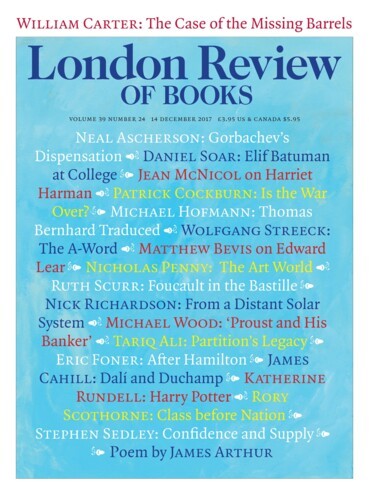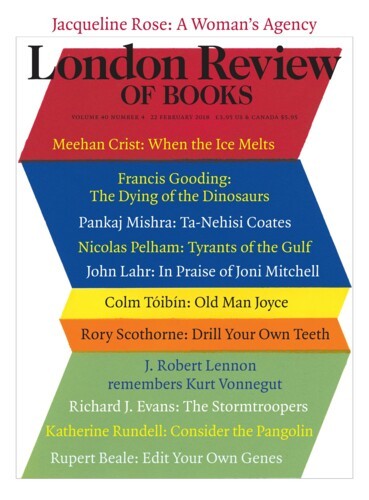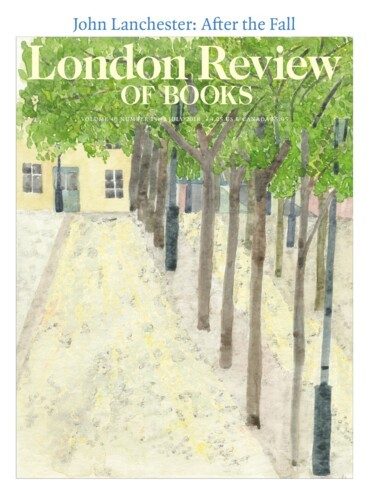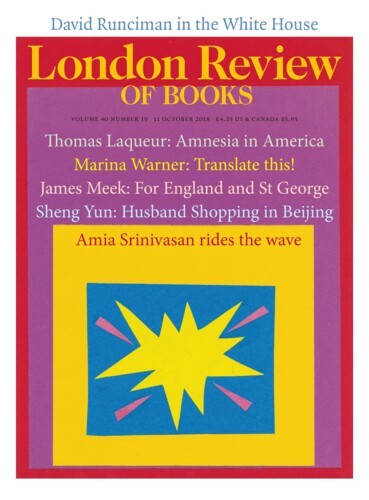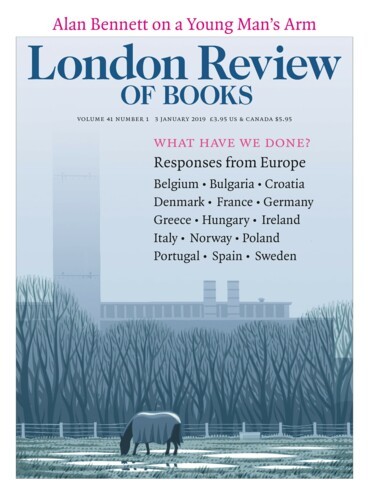At the British Library: Harry Potter
Katherine Rundell, 14 December 2017
It seems eccentric to say it of a person richer than the queen, but J.K. Rowling is, I think, undervalued. Or rather, she gets credit for the less important things, for being a marketing phenomenon whose books have sold more than 400 million copies, and not for the painstaking intricacy of the texts themselves. In the nine years that I’ve been writing children’s fiction, one of...
